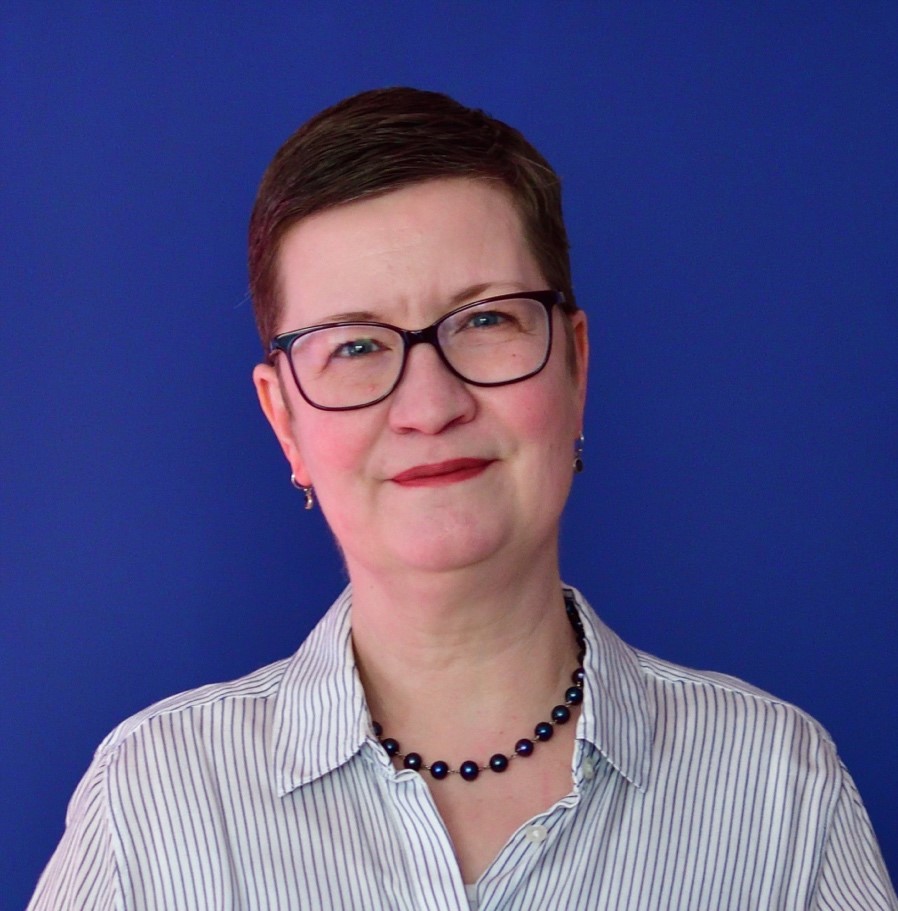 The effects of 9/11 are still being felt today.
The effects of 9/11 are still being felt today.
Karla Vermeulen, assistant professor of psychology at SUNY New Paltz, determines how the tragedy changed perceptions for generations.
Karla Vermeulen is an Associate Professor of Psychology and the Deputy Director of the Institute for Disaster Mental Health at the State University of New York at New Paltz. She is the author of three books, most recently Generation Disaster: Coming of Age Post-9/11 from Oxford University Press.
The Post 9/11 Generation’s Safety Perceptions
In the wake of the 20th anniversary of the attacks of September 11, 2001, it’s worth noting that many current emerging adults (ages 18 to 29) have no direct memories of that day. However, the attacks and all of the subsequent societal changes shaped the broader environment they grew up in, and for many, those societal conditions have generated concerns about themselves and their communities experiencing additional disasters.
I conducted a thousand-person national survey of emerging adults which was statistically representative in terms of gender and racial/ethnic breakdown, and I included a large proportion of people who had not attended college as that group is often left out of research.
Among my findings, 30% of the participants said they were very or extremely concerned that they’ll be affected by a natural disaster, and 36% said they were very or extremely concerned that they’ll be affected by a human-caused disaster like a terrorist attack or mass shooting. 46% said they were very or extremely concerned that they’ll be affected by climate change.
Overall only about one in five respondents were not at all concerned about these different threats impacting them or their community, suggesting that this is a population with a high level of stress about future disasters.
Additionally, 81% agreed that disasters and accidents can happen to anyone, and the same percentage agreed that people should help each other out in times of need. However, only 26% agreed that the world is generally safe, and just 23% agreed the world is generally fair.
Taken together, these findings suggest a generation of emerging adults who are deeply concerned about threats like school shootings and climate change, with low expectations for safety or fairness. While disheartening, these are perhaps rational reactions to the unsettled post-9/11 world they grew up in.

Comments
One response to “Karla Vermeulen, SUNY New Paltz – The Post 9/11 Generation’s Safety Perceptions”
This is such helpful research, not only for post-9/11 generations but also as we navigate the pandemic and attendant crises. We are coping now, but there will be personal and cultural effects for decades to come. Thank you for this.
Edward A. Dougherty
Professor of English SUNY Corning
Author of 10048, poems of the World Trade Center